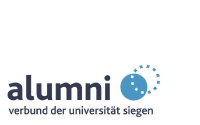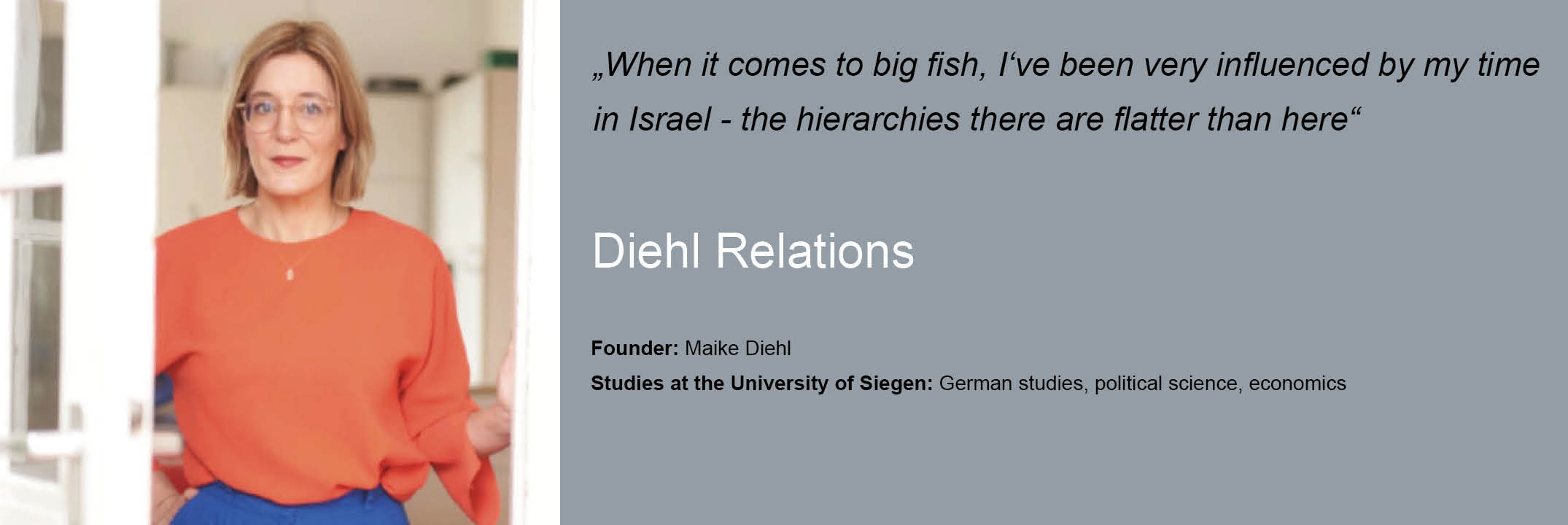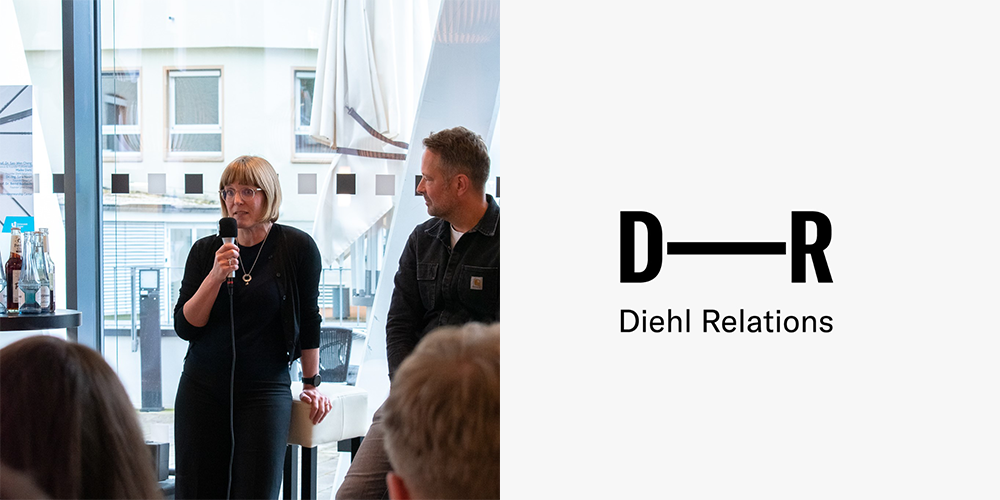Diehl Relations
Maike Diehl turned her personal interest into a profession with her founding: With her communications agency Diehl Relations, she advises German and Israeli companies that want to expand into each other's markets. She graduated from the University of Siegen in 1998 with degrees in German studies, political science, and economics. On her own initiative, she spent a year studying Middle Eastern studies at the Hebrew University of Jerusalem.
When did you come up with the idea to start an agency?
After a journalistic traineeship, I switched to PR as a consultant. Then the agency unexpectedly closed, and I didn't know at first how to proceed professionally. As luck would have it, in the same week, I received an inquiry from an Israeli agency through a private contact's recommendation. The idea of doing something between Germany and Israel had occupied me since my time in Jerusalem. That was the decisive moment for me – it fit in time, and I could take over the project. An Israeli start-up was involved in a patent dispute with Infineon and made it public in the USA, Germany, and Israel. I succeeded in pitching the topic successfully: the Süddeutsche Zeitung reported on the first page of its business book and passed on the information to the news agencies. That was my first independent project in 2005 – I emphasize this because it is clearly different from entrepreneurial work. Follow-up orders quickly followed, and I realized that I could fill a niche with my expertise. Since then, I have been working for Israeli companies in the German market and vice versa, and in the meantime, I am an experienced translator between both work cultures.
How many employees do you have?
Diehl Relations is a classic boutique agency. I assemble teams based on the specific project requirements with experienced colleagues from my network for project management, text, design, and web. This enables high flexibility and reduces costs for the classic agency overhead. I've had times when I had permanent employees, but at the moment, the network principle works so well that there is no reason to change anything about it. I think this model will continue to establish itself in the agency landscape in the future.
What was your biggest challenge in entrepreneurship?
That was the step of founding a GmbH and thus also the step from independent to entrepreneurial thinking and acting. In addition, clients perceive a sole proprietor as a capital-supported company. For me, however, a GmbH initially sounded very large. In retrospect, founding a GmbH was much easier than I thought.
How important is your network, family, or friends?
From my experience, it is helpful to have a mentor. I am lucky to have known a former Roland Berger consultant for many years who has been and is approachable for questions. Of course, I also have colleagues with whom I exchange ideas. A good network is essential. In addition, the support from my family has been and is very important to me.
Would you advise young entrepreneurs not to be afraid of big fish?
As far as big fish are concerned, I am very much influenced by my stays in Israel. There, the hierarchies are flatter than ours, and entrepreneurs are usually very ambitious. It is normal, for example, to approach well-known entrepreneurial personalities at congresses. So, my advice is: Try it out. But you should consider the timing and have done your homework.
How do you deal with challenges?
My experience is that there is a solution in most cases. A "can't do" attitude doesn't help much. I look at a problem and think about how I can solve it. What do I need to do to get something started? Who do I need to consult to move forward? According to the motto "can't do, doesn't exist". And if plan A doesn't work, maybe something completely new will develop from it. I think it's important for entrepreneurs to be open and always look beyond their own horizons. I have to remind myself of that all the time. I often get impulses when I'm in Tel Aviv or traveling elsewhere.
Would you start again?
Definitely! A clear yes. It creates new opportunities for me and exciting new encounters. For me, it is important that I can combine my interests and strengths with my founding and bring them into my professional life.
Example: You have a young person in front of you. Who would you advise against founding? No matter how good the idea is.
With a good idea, I wouldn't advise against it. Even if the person doesn't seem to be an entrepreneurial personality at first glance. Then it just becomes more important to bring the right partners on board. From my point of view, the basic requirement is that you literally burn for the idea and are exceptionally motivated. Then you don't have to think twice about working late or on weekends.
Where do you want to go next?
Last year, we implemented a relaunch of Diehl Relations. The Israel theme is now also reflected on the website. In the meantime, we also offer the content in Hebrew. Based on this, we will now increase our visibility and position ourselves even more strongly as experts between Germany and Israel. Previously, we mostly received contacts with customers through recommendations.
This portrait is based on an interview with Maike Diehl in December 2022 and was written by Thomas Crämer.
Here for the startup's homepage.



